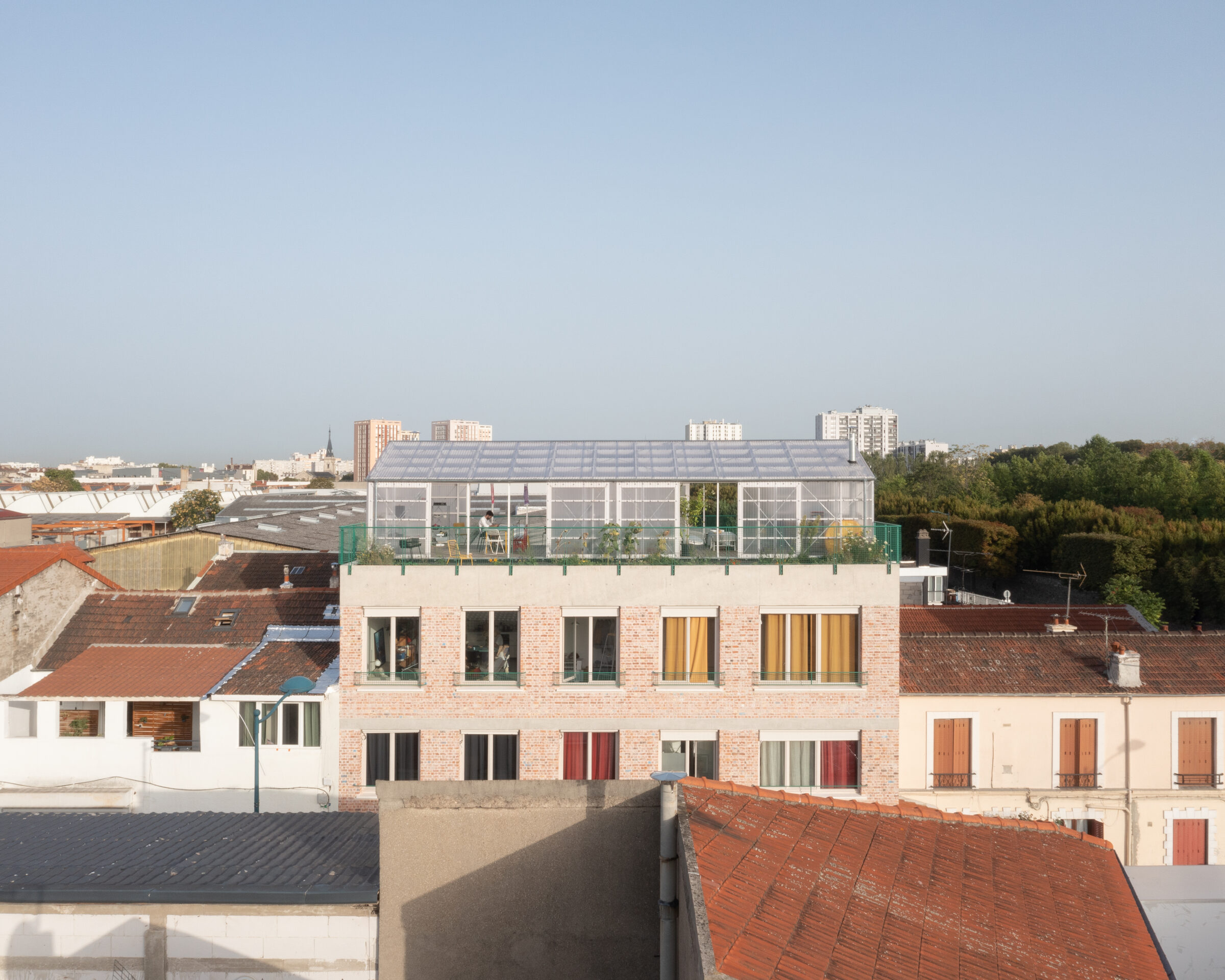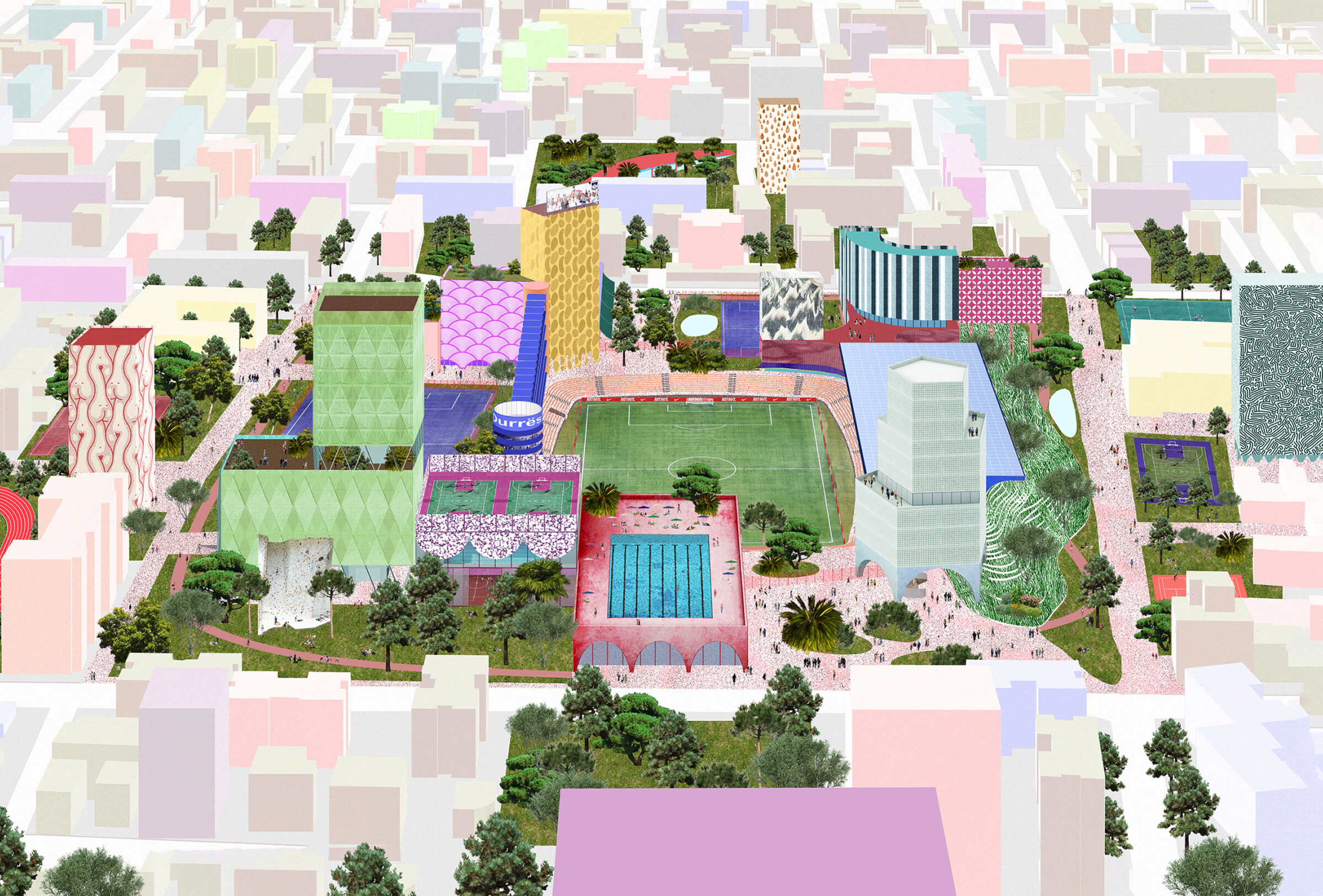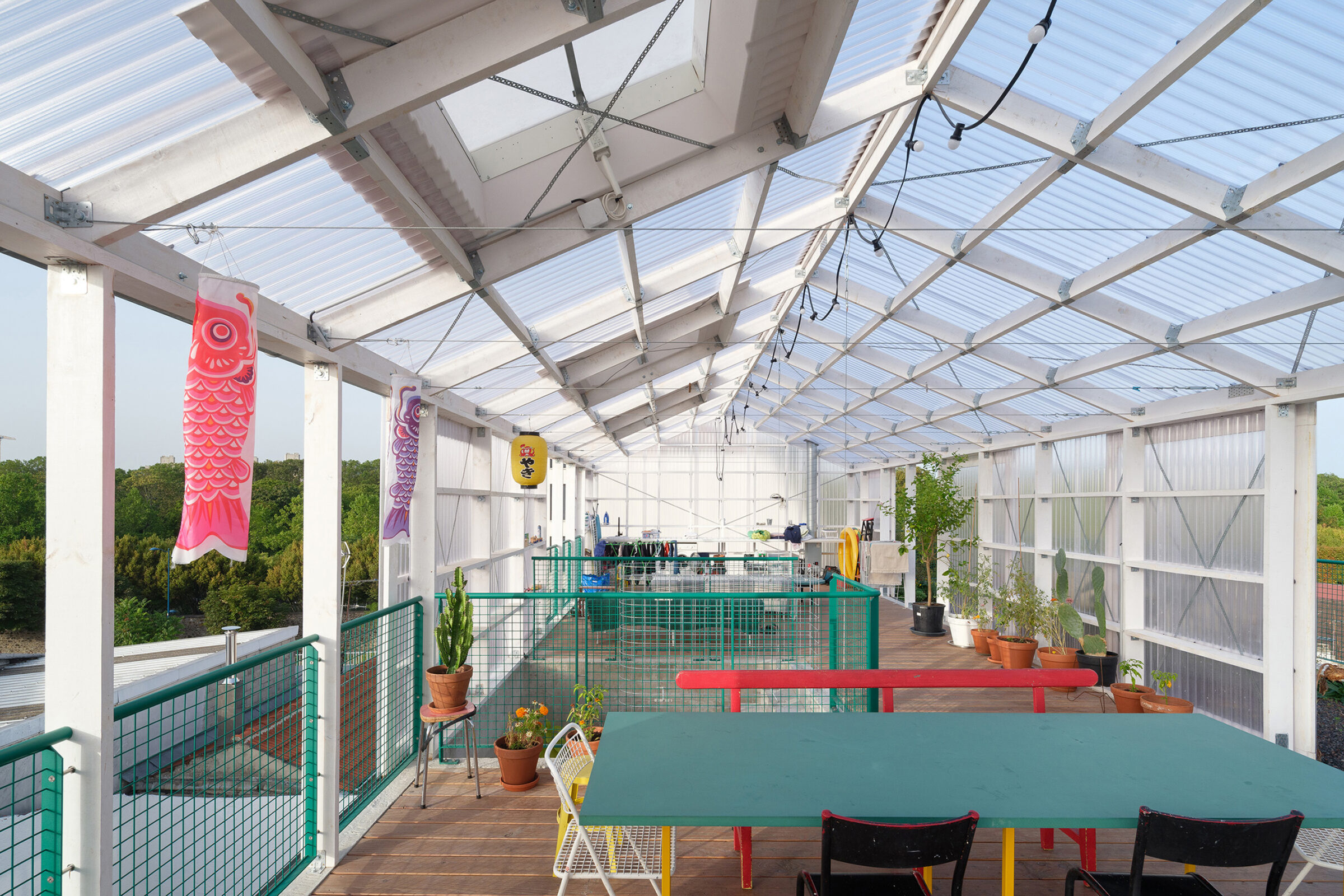Plan Común

Santiago, Chile and Paris, France
Plan Común is a Chilean-French architecture practice founded in 2012 by Felipe De Ferrari, joined by partners Kim Courrèges, Nissim Haguenauer , and Marcelo Cox. Based in Santiago and Paris since 2019, the office develops strategies to maximize and reinforce public and collective space—understood as a fundamental architectural concern across all scales and programs. Their approach combines design, research, and critical discourse, using simple architectural tools to advance built and theoretical work.
Recent and ongoing projects include PETIT, a social housing complex in Paris (1st prize, with Kuehn Malvezzi and Nicolas Dorval Bory); FESTIVAL, a stadium and neighborhood development in Durrës, Albania (1st prize, with 51n4e); and the Villa San Luis Museum and Memorial in Santiago (1st prize, with Umwelt). Other notable work includes Maison Commune, a self-commissioned collective housing project in Pantin, France, and the collaborative research project Common Places.
2025 Biennial Project
Project Overview
Maison Commune
Maison Commune is a self-commissioned housing project in which the architects who comprise Plan Común pooled their resources and invited financial partners to test the social and architectural ideals at the heart of their practice. The complex is defined by its collective dimension, with generously sized, shared spaces that encourage community and everyday interaction.
Venue
View moreChicago Cultural Center
Address
78 E. Washington St., Chicago, IL 60602
Neighborhood
The Loop
Description
Completed in 1897 as Chicago’s first central library, the building was established as the Chicago Cultural Center, the nation’s first and most comprehensive free municipal cultural venue, in 1991. One of the most visited attractions in Chicago, the stunning landmark building is home to two magnificent stained-glass domes, as well as free art exhibitions, performances, tours, lectures, family activities, music, and more – presented by the City of Chicago Department of Cultural Affairs and Special Events (DCASE) and many others.



